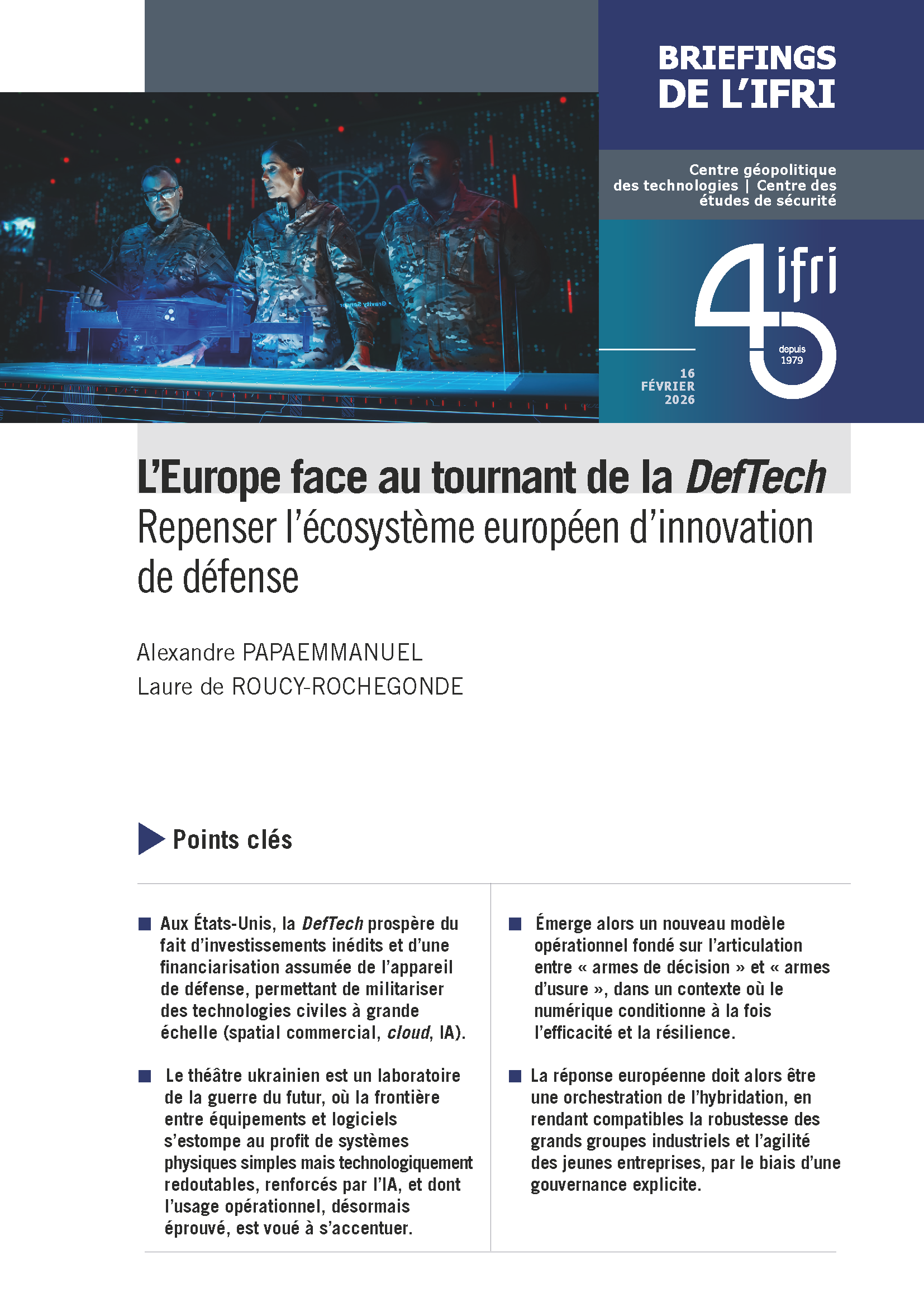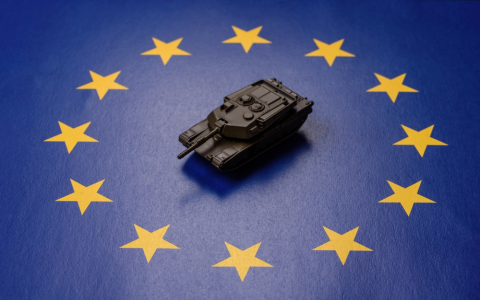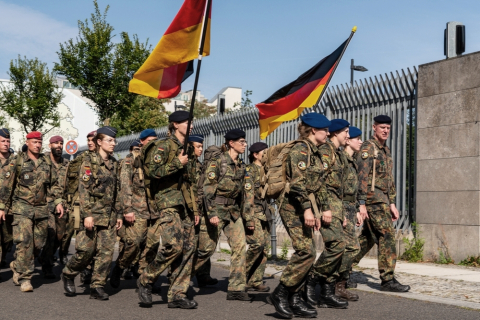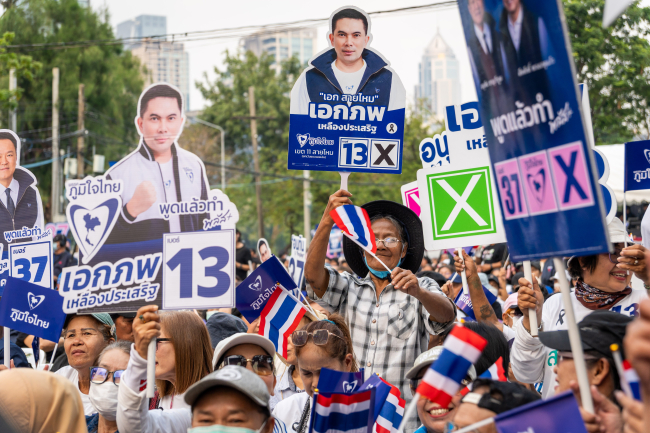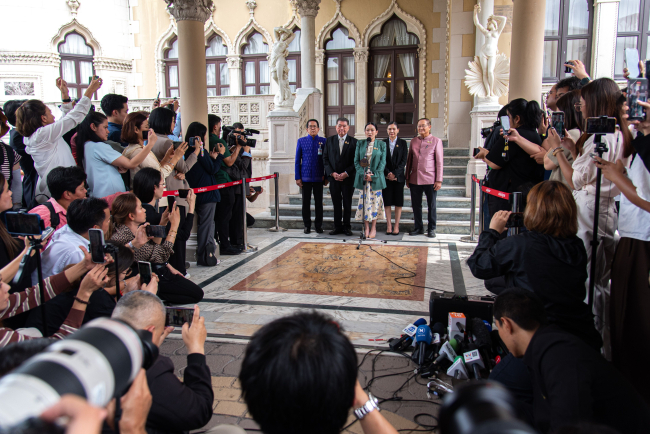EU – ASEAN : Prospects for a Free Trade Agreement
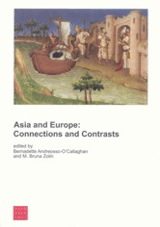
In the wake of the financial crisis of 1997-98 there has been a clear shift in a number of Southeast Asian countries towards the development of Free Trade Agreements (FTAs). ASEAN as a group has concluded FTAs with China and Korea, and it is still negotiating with Japan and India. In addition individual countries (Singapore, Malaysia, the Philippines and Thailand) have begun bilateral FTA negotiations with Japan as well as with other non –Asian partners. At the same time, major changes have affected the EU’s external economic strategy. First, the EU is getting increasingly aware of the need to revamp its economic strategy towards East Asia. Moreover, it is now widely accepted that Europe may enhance its bilateral economic arrangements in parallel to interregional as well as wider multilateral endeavors. The combination of these two moves has led to the definition of a new European trade strategy focusing on priority trading partners, with ASEAN as a potential candidate. The objective of the paper is to assess the chances for the achievement of a FTA between ASEAN and the EU. The paper starts with a brief overview of the bilateral trade and investment relations. As a next step it examines the scope for a further expansion of trade and investment relations and the potential impacts of a FTA, using the results of quantitative assessments conducted so far. A final section takes stock of existing FTAs negotiated on both sides and examines the feasibility of a bilateral FTA based on an assessment of the consistency of the two parties’ policies.

Contenu disponible en :
Régions et thématiques
Utilisation
Comment citer cette publicationPartager
Centres et programmes liés
Découvrez nos autres centres et programmes de rechercheEn savoir plus
Découvrir toutes nos analysesLa politique américaine envers Taïwan, au delà de Donald Trump : cartographie des acteurs américains des relations entre les États-Unis et Taïwan
Le retour de Donald Trump à la Maison-Blanche a ravivé une incertitude profonde quant à l’engagement des États-Unis en matière de sécurité envers Taïwan. Contrairement au président Joe Biden, qui a maintes fois réaffirmé sa détermination à défendre l’île, Donald Trump évite soigneusement de se prononcer sur une éventuelle réaction américaine en cas de crise dans le détroit de Taïwan.
Japon : le raz-de-marée Takaichi et le nouveau visage du pouvoir
La Première ministre Sanae Takaichi a transformé sa popularité exceptionnelle en une victoire politique historique. Les élections anticipées du 8 février ont offert au Parti libéral démocrate (PLD) une majorité écrasante, grâce au soutien massif de jeunes électeurs séduits par son image iconoclaste et dynamique, et des conservateurs rassurés par sa vision d’affirmation nationale. Cette popularité pose les bases d’une stratégie ambitieuse tant sur le plan intérieur que sur le plan international.
Élections en Thaïlande : les conservateurs consolident leur ancrage
À rebours des sondages, le parti conservateur pro-business Bhumjaithai a dominé les élections législatives anticipées du 8 février 2026 et s’est imposé à la Chambre basse avec 193 sièges sur 500, enregistrant une progression record par rapport aux 71 députés élus en 2023.
Crise politique en Thaïlande : la tactique du chaos
La Thaïlande a replongé à l’été 2025 dans une crise politique profonde. La suspension de la Première ministre, Paetongtarn Shinawatra, par la Cour constitutionnelle a provoqué l’implosion de la coalition au pouvoir. Cette crise ressemble pourtant aux précédentes. Une banalité répétitive qui interroge à la fois le sens des responsabilités des principaux dirigeants et qui génère au sein de la population un cynisme mâtiné de résignation.



